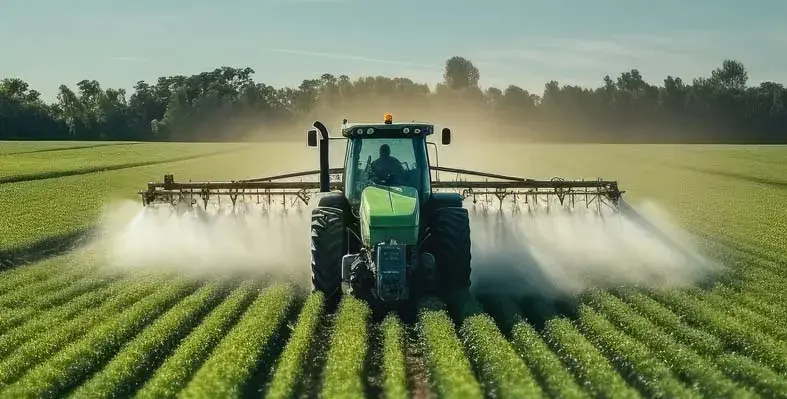In April this year, a US$379mn initiative was launched to combat the devastating impacts of pesticides and plastics in agriculture
The project which involves a collaboration between the govenments of Ecuador, India, Kenya, Laos, Philippines, Uruguay, and Vietnam aims to address the significant risks that these chemicals pose both to human health and the environment. Highly hazardous pesticides and mismanaged agricultural plastics release toxic persistent organic pollutants (POPs) – chemicals which don’t break down in the environment and contaminate air, water, and food. These inputs being cheaper than sustainable alternatives, gives farmers little incentive to adopt better practices.
However, the five-year Financing Agrochemical Reduction and Management (FARM) programme led by the UN Environment Programme (UNEP) with financial support from the Global Environment Facility (GEF) is projected to prevent over 51,000 tons of hazardous pesticides and over 20,000 tons of plastic waste from being released, while avoiding 35,000 tons of carbon dioxide emissions and protecting over three million hectares of land from degradation as farms and farmers convert to low-chemical and non-chemical alternatives.
By elaborating the business case for banks and policy-makers, the projects helps to reorient policy and financial resources towards farmers, thus helping them to choose low- and non-chemical alternatives over toxic agrochemicals, in turn facilitating a transition towards better practices. The FARM programme will support government regulation to phase out POPs-containing agrochemicals and agri-plastics and adopt better management standards, while strengthening banking, insurance and investment criteria to improve the availability of effective pest control, production alternatives and trade in sustainable produce.
“Food productivity and safety is reliant on identifying better practices and safer alternatives to highly hazardous pesticides,” said director of UNEP’s Industry and Economy division, Sheila Aggarwal-Khan. “Adoption is key to scaling these alternatives. There is no real option other than a strong, coordinated response to the pollution crisis.”





